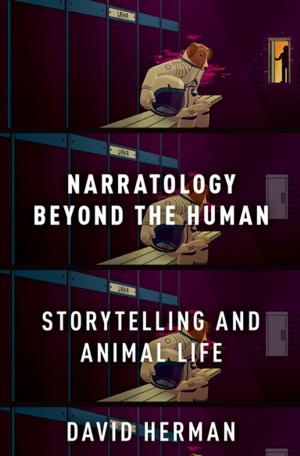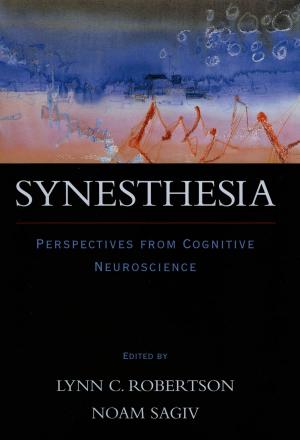Deaf Cognition
Foundations and Outcomes
Nonfiction, Reference & Language, Education & Teaching, Special Education, Health & Well Being, Psychology, Child & Adolescent, Child Development| Author: | ISBN: | 9780190451356 | |
| Publisher: | Oxford University Press | Publication: | June 30, 2008 |
| Imprint: | Oxford University Press | Language: | English |
| Author: | |
| ISBN: | 9780190451356 |
| Publisher: | Oxford University Press |
| Publication: | June 30, 2008 |
| Imprint: | Oxford University Press |
| Language: | English |
Deaf Cognition examines the cognitive underpinnings of deaf individuals' learning. Marschark and Hauser have brought together scientists from different disciplines, which rarely interact, to share their ideas and create this book. It contributes to the science of learning by describing and testing theories that might either over or underestimate the role that audition or vision plays in learning and memory, and by shedding light on multiple pathways for learning. International experts in cognitive psychology, brain sciences, cognitive development, and deaf children offer a unique, integrative examination of cognition and learning, with discussions on their implications for deaf education. Each chapter focuses primarily on the intersection of research in cognitive psychology, developmental psychology, and deaf education. The general theme of the book is that deaf and hearing individuals differ to some extent in early experience, brain development, cognitive functioning, memory organization, and problem solving. Identifying similarities and differences among these domains provides new insights into potential methods for enhancing achievement in this traditionally under-performing population.
Deaf Cognition examines the cognitive underpinnings of deaf individuals' learning. Marschark and Hauser have brought together scientists from different disciplines, which rarely interact, to share their ideas and create this book. It contributes to the science of learning by describing and testing theories that might either over or underestimate the role that audition or vision plays in learning and memory, and by shedding light on multiple pathways for learning. International experts in cognitive psychology, brain sciences, cognitive development, and deaf children offer a unique, integrative examination of cognition and learning, with discussions on their implications for deaf education. Each chapter focuses primarily on the intersection of research in cognitive psychology, developmental psychology, and deaf education. The general theme of the book is that deaf and hearing individuals differ to some extent in early experience, brain development, cognitive functioning, memory organization, and problem solving. Identifying similarities and differences among these domains provides new insights into potential methods for enhancing achievement in this traditionally under-performing population.















